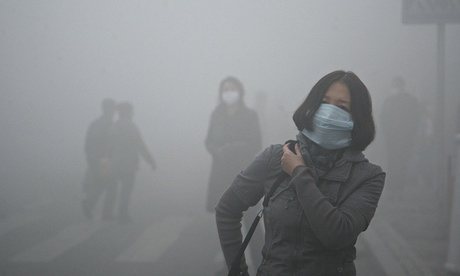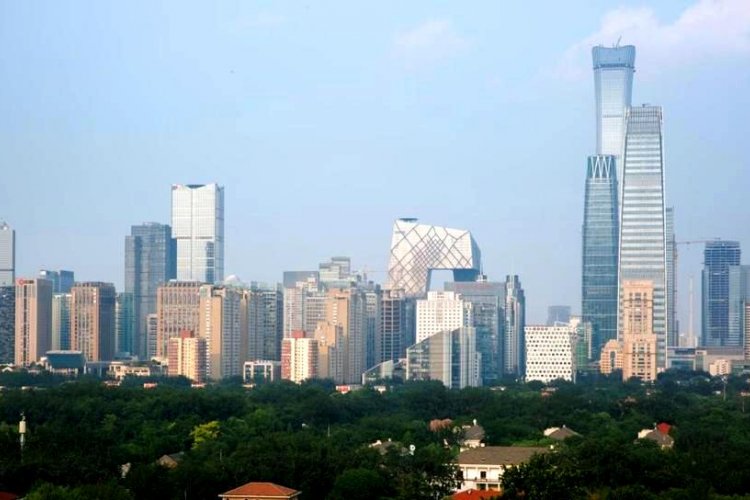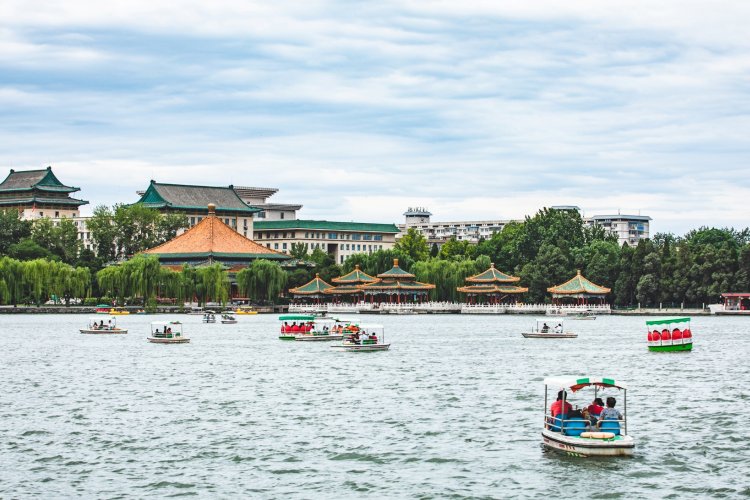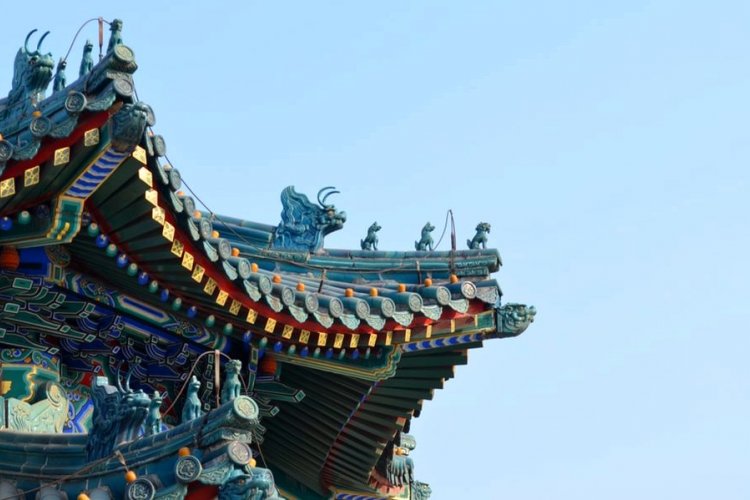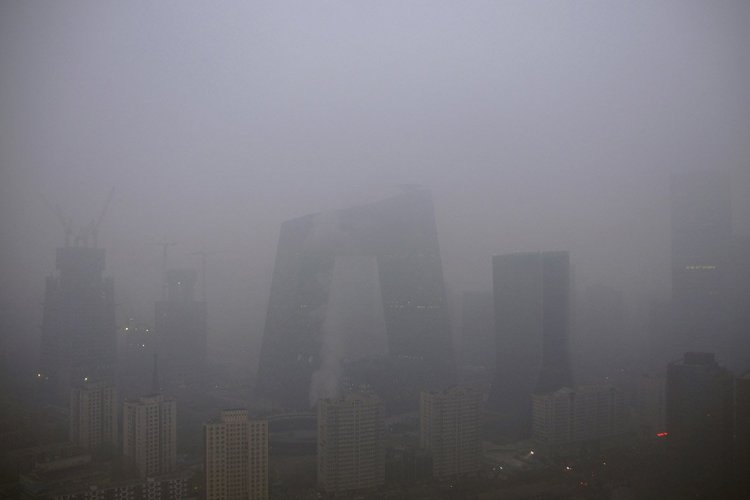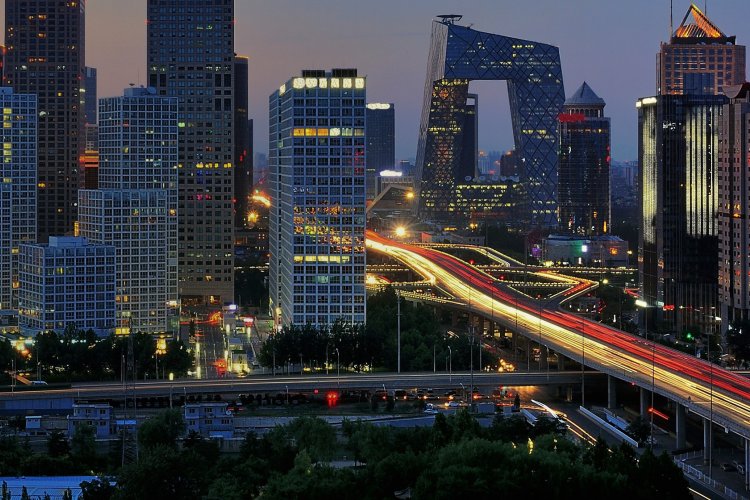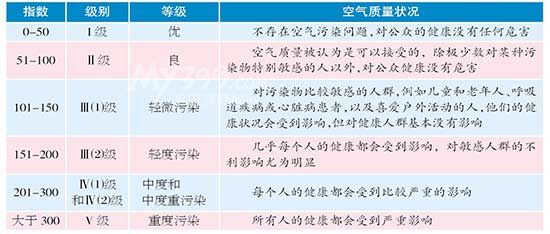
Mandarin Monday: Learn These 10 Pollution Related Chinese Phrases to Help Clear the Air
Mandarin Monday is a weekly column where – similar to our Mandarin Month series earlier this year – we help you improve your Chinese by detailing fun and practical phrases and characters. Have a Mandarin related tip? Feel free to let the author know at the contact info below.
A new study has determined that complaining about the air quality might actually help experts who are studying.
Rice University, in Houston Texas, recently released findings about usage of terms like dust, cough, haze, mask, and blue sky on social media, and how they can be added to data about pollution. The experts involved called such monitoring "a proxy measurement of the amount of airborne particulate matter in the country's urban centers at any given time," and they monitored the usage of those terms on Weibo.
RELATED: Buy an Air Filter on Our Classifieds
One of the experts that headed up the study, Rice computer scientist Dan Wallach, said that while Beijing does have several reliable air quality meters, but not an abundance of them, and that additional data could be gleaned by studying citizens' online reactions to the smog. "A city the size of Beijing has air-quality meters, but not many," Wallach said. "But if you have millions of people, you potentially have millions of (air-quality) meters. It's a way of adding extra data."
He went on to say: "The big takeaway is that people grouse about air quality, and as it gets worse, people complain more ... When it's really bad, it flattens out ... They're as complained-out as they're going to be. And if it gets good enough, few people complain. But there's a zone in the middle where people really grouse, and we can measure that."
Here are the Mandarin characters highlighted in the study:
灰霾 huī mái, dust-haze
雾霾 wù mái, haze
雾蒙 wù méng, misty
灰蒙 huī méng, dusky
气污 qì wū, air pollution
度污 dù wū, degree of pollution
很蓝 hěn lán, very blue
明媚 míng mèi, bright
好天 hǎo tiān, good day
晴朗 qíng lǎng, sunny
However, after taking a careful look at these terms, our Chinese colleagues at the Beijinger determined that some of them were a bit off. The translation of "degree of pollution" for instance, did not seem quite right, as Chinese people never say 气污, but instead translate it as 污染度/wū rǎn dù. "Air pollution" also appeared to be incorrectly translated, as Chinese people usually instead say 空气污染/kōng qì wū rǎn.
If you, dear readers, know any other useful air qulaity related terms, feel free to let us know in the comments section below.
More stories by this author here.
Email: kylemullin@truerun.com
Twitter: @MulKyle
WeChat: 13263495040
Photos: The Guardian, Rice University

